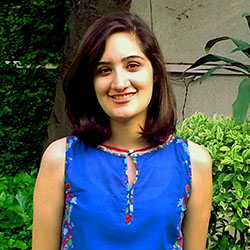
Fizzah is a PhD candidate in Human Geography and Urban Studies. Her research focuses on speculative practices in residential real estate in Lahore, Pakistan, and examines their links with real estate growth, public investment in housing, and the market for adequate housing.
Fizzah has a background in urban planning, and has nine years of research and project management experience. Her research interests focus on questions of land, housing, transport, and the politics of infrastructure development. She has worked on affordable housing development, gender equity in transport planning, and dispossession in rapidly urbanizing cities of the Global South.
Most recently, she worked as a researcher on the project ‘Kinship and Care after Dislocation in Urban South Asia: Colombo and Lahore Compared,’ as part of the British Academy’s Global Challenges Research Fund (GCRF) on Cities and Infrastructure. She is also co-lead of the Pakistan team for the project ‘Navigating the grid in the ‘world-class city: poverty, gender and access to services in India, Pakistan, and Sri Lanka,’ under the UK Research and Innovation (UKRI) GCRF ‘(Re)Thinking the Off-Grid City’ programme.
Fizzah holds a Masters in City Planning from the Massachusetts Institute of Technology (MIT), with a specialization in International Development Planning, and a Bachelors in Social Sciences from the Lahore University of Management Sciences.